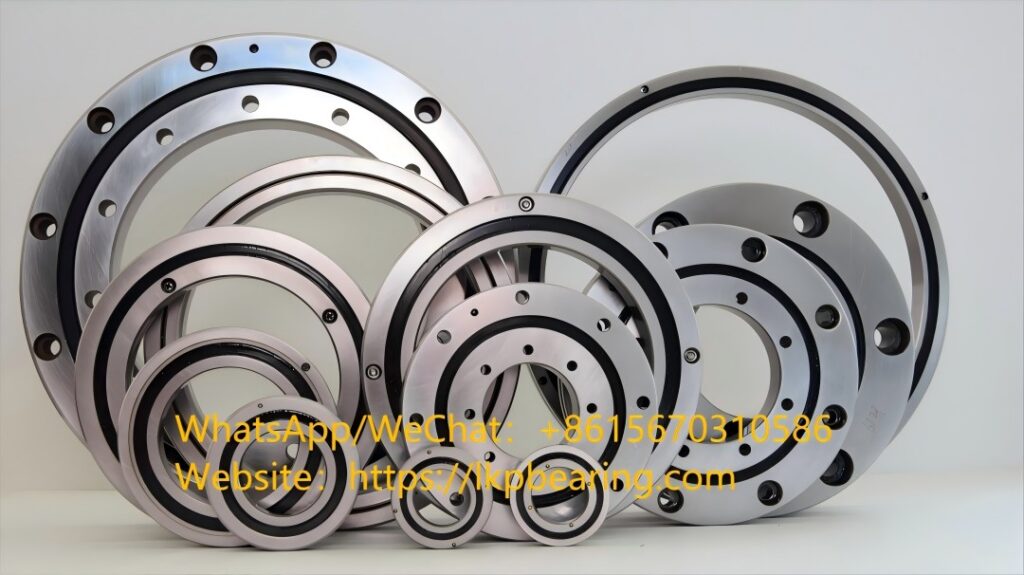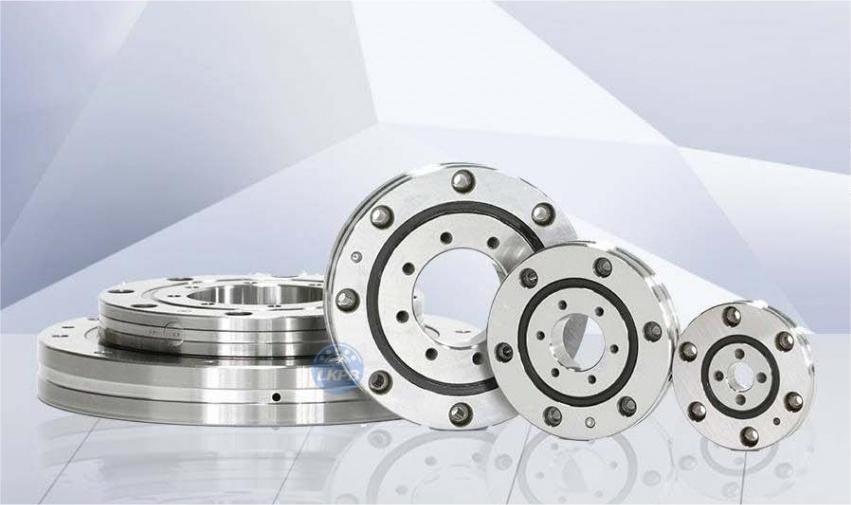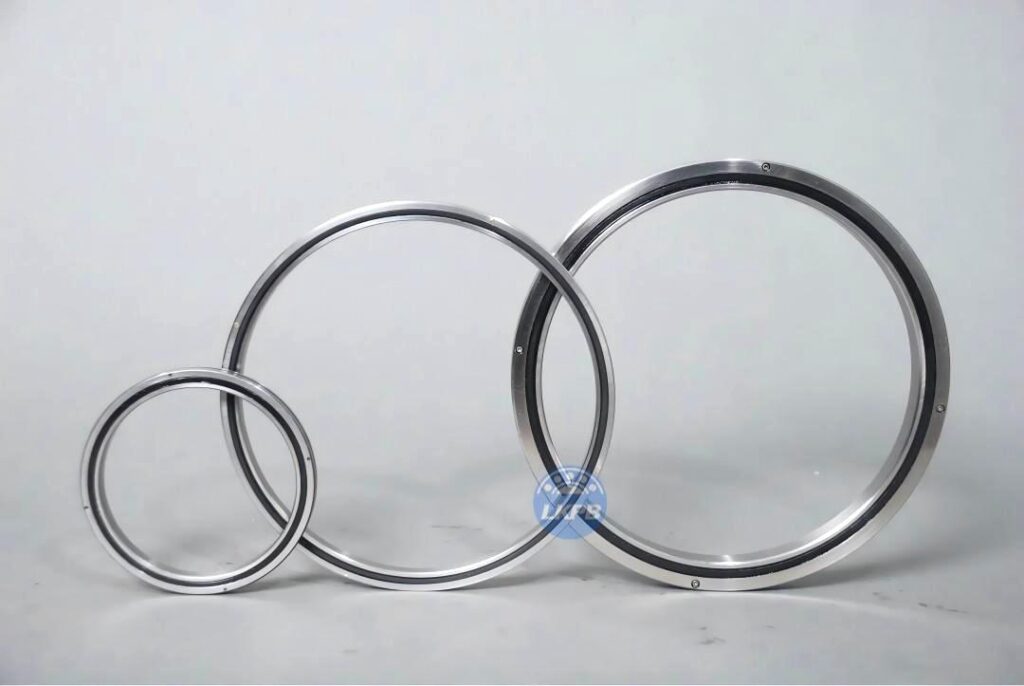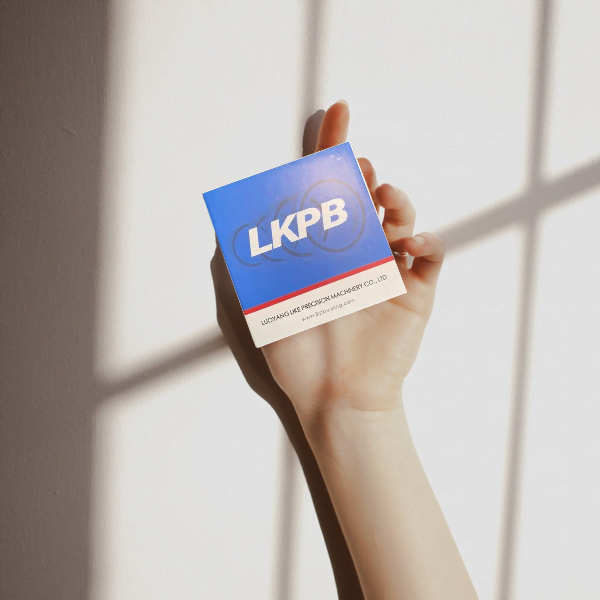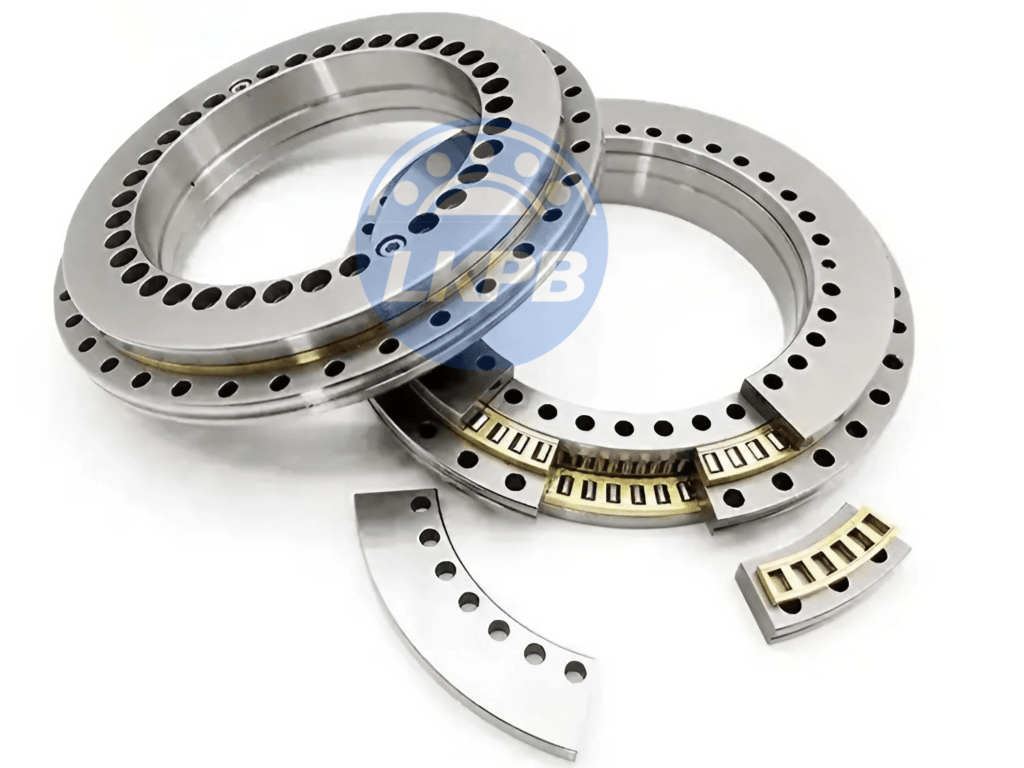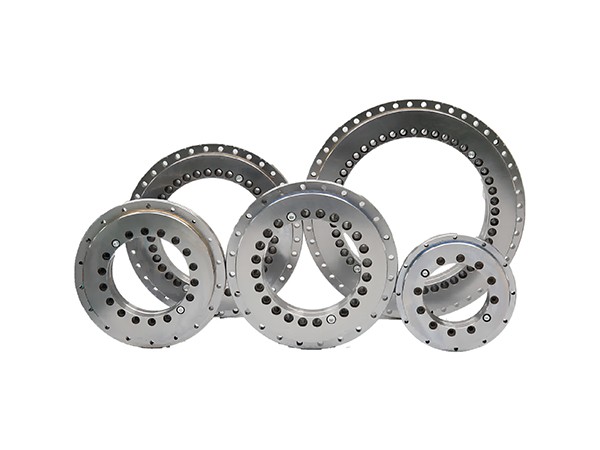Bearings are essential components in various machinery, ensuring smooth operation and reducing friction between moving parts. When it comes to purchasing bearings, understanding the factors that affect their prices can help buyers make informed decisions. Whether you’re sourcing from a bearing supplier or directly from a bearing manufacturer, it’s crucial to be aware of these variables. This article delves into the key factors that influence bearing prices, providing insights into the procurement process and the services offered by companies like LKPB, which accepts non-standard customization and OEM orders.
Material Composition and Quality
The Role of Material in Bearing Performance
The material composition of a bearing significantly impacts its performance, durability, and cost. High-quality materials such as stainless steel, ceramic, and high-carbon chrome steel are commonly used in bearings. These materials offer excellent resistance to wear, corrosion, and high temperatures, but they also come with a higher price tag. In contrast, bearings made from lower-grade materials might be more affordable but may not offer the same level of performance and longevity.
Cost Implications of Material Choices
When choosing bearings, it’s essential to consider the operational environment and load conditions. Bearings used in harsh environments or high-stress applications require materials that can withstand these conditions without degrading. This often means opting for premium materials, which increases the overall cost. However, the investment in high-quality materials can lead to longer service life and reduced maintenance costs, making it a cost-effective choice in the long run.
Customization and Material Specifications
Companies like LKPB offer non-standard customization, allowing buyers to specify the materials and design features that best suit their needs. This level of customization can impact the price, as specialized materials and unique designs may require more intricate manufacturing processes. However, it also ensures that the bearings meet the exact requirements of the application, providing optimal performance and reliability.
Manufacturing Processes and Technology
Advanced Manufacturing Techniques
The manufacturing process of bearings involves several stages, including forging, heat treatment, grinding, and assembly. Advanced manufacturing techniques, such as precision grinding and CNC machining, enhance the accuracy and quality of the bearings but can also increase production costs. Bearings manufactured using state-of-the-art technology are likely to have tighter tolerances and superior surface finishes, which contribute to their higher price.
Impact of Automation and Robotics
Automation and robotics in bearing manufacturing have significantly improved efficiency and consistency. Automated processes reduce the risk of human error, ensuring that each bearing meets stringent quality standards. While the initial investment in automation technology is high, it leads to long-term cost savings through increased production speed and reduced waste. Bearing manufacturers like LKPB leverage these technologies to offer high-quality products at competitive prices.
OEM and Custom Manufacturing Services
For buyers requiring specific bearing designs or performance characteristics, OEM (Original Equipment Manufacturer) services are a valuable option. OEM manufacturing involves producing bearings according to the buyer’s specifications, ensuring compatibility with their machinery. LKPB’s ability to accept OEM orders means that buyers can get bearings tailored to their exact needs, though this customization can affect the pricing due to the specialized production processes involved.
Supply Chain and Logistics
Sourcing of Raw Materials
The cost and availability of raw materials play a crucial role in determining bearing prices. Fluctuations in the prices of steel, ceramics, and other materials directly impact production costs. Bearing suppliers often source materials from global markets, and factors such as geopolitical events, trade policies, and natural disasters can affect supply chains, leading to price volatility.
Transportation and Distribution Costs
Logistics is another significant factor influencing bearing prices. Transportation costs, including shipping, handling, and fuel charges, add to the overall cost of bearings. Efficient supply chain management can help mitigate these costs, but they remain a crucial consideration, especially for international buyers. Bearing suppliers like LKPB strive to optimize their distribution networks to offer competitive pricing while ensuring timely delivery.
Inventory Management
Effective inventory management helps bearing manufacturers and suppliers balance supply and demand, reducing the risk of overstocking or stockouts. Maintaining an optimal inventory level involves costs related to storage, warehousing, and insurance. By implementing advanced inventory management systems, companies can streamline operations and minimize costs, which can positively impact bearing prices for end customers.
Market Demand and Industry Trends
Fluctuations in Demand
The demand for bearings is influenced by various industries, including automotive, aerospace, industrial machinery, and consumer electronics. Economic conditions, technological advancements, and industry-specific trends can cause fluctuations in demand. For example, a surge in electric vehicle production can lead to increased demand for specialized bearings, affecting their availability and pricing.
Technological Advancements
Innovations in bearing technology, such as the development of hybrid bearings and smart bearings with embedded sensors, have led to new market segments. These advanced bearings offer improved performance and predictive maintenance capabilities, but they also come at a higher price. Bearing manufacturers continually invest in research and development to stay ahead of technological trends, which can impact the cost structure of their products.
Competitive Landscape
The bearing industry is highly competitive, with numerous suppliers and manufacturers vying for market share. This competition drives companies to innovate and improve their offerings, often leading to price adjustments. Bearing suppliers like LKPB differentiate themselves by providing high-quality products, customization options, and exceptional customer service, positioning themselves as leaders in the market.
Quality Assurance and Certification
Importance of Quality Control
Quality assurance is critical in bearing manufacturing, as even minor defects can lead to significant performance issues. Rigorous quality control measures, including inspections, testing, and certifications, ensure that bearings meet industry standards and customer expectations. These processes, while essential, add to the production costs, influencing the final price of the bearings.
Certifications and Standards
Bearings must comply with various international standards and certifications, such as ISO, ASTM, and DIN. Achieving and maintaining these certifications requires continuous investment in quality management systems, training, and auditing. Bearing suppliers and manufacturers who adhere to these standards can command higher prices due to the assurance of quality and reliability their products offer.
Custom Quality Requirements
In some cases, buyers may have specific quality requirements beyond standard certifications. Custom quality requirements may involve additional testing, documentation, and compliance with stringent industry regulations. Companies like LKPB, which accept non-standard customization, can meet these specialized demands, although it may impact the cost due to the added quality assurance measures.
After-Sales Support and Services
Warranty and Guarantees
Offering warranties and guarantees on bearings provides buyers with confidence in their purchase. Warranties cover defects in materials and workmanship, offering replacement or repair services within a specified period. While providing warranties adds to the cost for manufacturers, it also enhances customer trust and satisfaction, justifying the higher price point.
Technical Support and Consultation
Technical support is an invaluable service, especially for buyers unfamiliar with the complexities of bearing applications. Bearing suppliers like LKPB provide expert consultation, helping buyers select the right bearings for their needs and troubleshoot any issues that arise. This level of support often comes at a premium but ensures that customers receive the best possible solutions for their applications.
Maintenance and Replacement Services
Bearings require regular maintenance to ensure optimal performance and longevity. Some bearing suppliers offer maintenance services, including lubrication, inspection, and replacement. These services can be part of a comprehensive after-sales package, adding value to the purchase but also influencing the overall cost. Buyers benefit from these services by extending the life of their bearings and minimizing downtime.
Conclusion
Understanding the factors affecting bearing prices is essential for making informed purchasing decisions. From material composition and manufacturing processes to supply chain logistics and market trends, each aspect plays a crucial role in determining the cost of bearings. Companies like LKPB, with their commitment to quality, customization, and customer support, provide valuable options for buyers seeking reliable and tailored bearing solutions. By considering these factors and leveraging the services offered by reputable bearing suppliers and manufacturers, buyers can ensure they get the best value for their investment.




